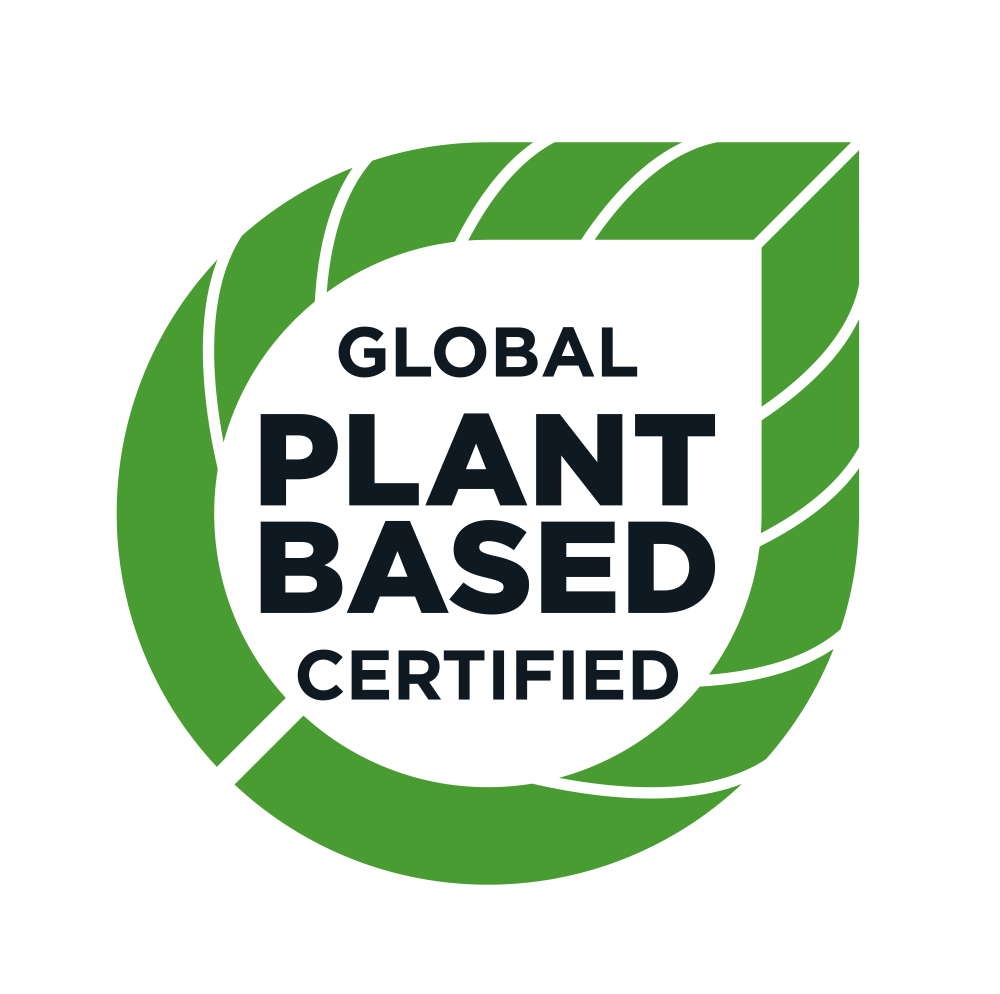FEBRUARY 22, 2022
A guide addressing the confusion about making a dietary shift to plant-based foods
By Kyle Christie
The plant-based diet has emerged as one of the most talked-about lifestyle choices in recent times. It has led to confusion among the consumers on the benefits and issues surrounding it.
With an increased demand for plant-based products, the need for certification agencies like Global Plant Based for certifying them has increased too.
This article explores the ideas around plant-based diets and the need for certification to help you make an informed decision.
Let us get started!
Understanding a plant-based diet
A plant-based diet is made of foods primarily derived from plants. It has a mix of vegetables, fruits, grains, legumes, and nuts. It may or may not have animal products.
It addresses a wider food basket when compared to vegan diets. The latter completely abstains from eating any animal product and is strongly linked to a specific set of ethos.
What are the benefits of a plant-based diet?
- Health: Plant-based diets are known to lower rates of heart disease, cholesterol, blood pressure, cancer, and type 2 diabetes.
- Environment: Plant diets eliminate the release of greenhouse gases by cutting down on animal products.
- Lifestyle: Eco-friendly lifestyles are increasingly being preferred across the world.
Due to the above benefits, plant-based diets have gained traction among the younger and older generations alike.
The fears around plant-based diets
There are certain unaddressed concerns around the adoption of plant-based diets.
#1. Apprehensions around nutrients
Calcium and protein are largely believed to be obtained only from animal products. Hence the fear of losing them in a plant diet.
However, nutritionists clear the air around it. The foods like lentils, beans, nuts, and plant-based milk are rich sources of protein. Others like chia seeds, sesame seeds, and figs are excellent sources of calcium.
#2. Nutritional suitability of plant diets
whether these diets are helpful for people of all ages and lifecycle stages
The Academy of Nutrition & Dietetics has observed that well-planned plant-based diets are suitable for anyone when carried out correctly.
#3. The veracity of claims of plant-based products in the market
Issues around ingredient lists, unreported sources of animal origin, etc.
Certification agencies have developed rigorous examination and testing standards to ascertain the purity of plant-based foods. Today certified foods of various dietary standards like Hala, Kosher, and gluten-free are available.
Concluding thoughts
Now that you have understood the ideas and issues around a plant-based diet, choose a diet that fits your lifestyle. After all, good food is a good life!

